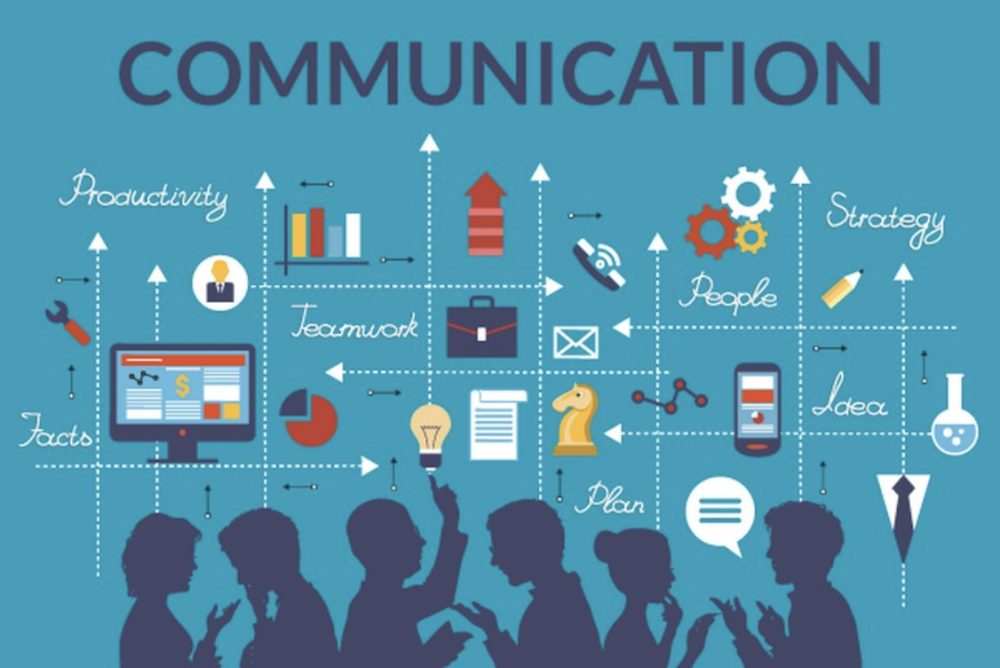In today’s digital age, content marketing has become an essential strategy for businesses aiming to establish a strong online presence. Whether you are a startup or an established company, leveraging high-quality content can significantly enhance brand awareness, engage your audience, and drive sales. According to businesse.co.uk/, effective content marketing not only helps build trust but also positions your brand as an industry leader.
Understanding Content Marketing
Content marketing involves creating and sharing valuable, relevant, and consistent content to attract and retain a clearly defined audience. Unlike traditional advertising, which focuses on direct promotion, content marketing educates, informs, and entertains potential customers. This approach helps businesses foster long-term relationships with their audience, ultimately leading to higher conversion rates and brand loyalty.
Benefits of Content Marketing for Businesses
- Enhances Brand Awareness – Publishing high-quality content increases your brand’s visibility and helps potential customers recognize your business.
- Improves SEO and Organic Reach – Search engines favor well-optimized content, which can boost your website’s ranking and attract more traffic.
- Establishes Authority and Trust – By sharing valuable insights and industry expertise, businesses can gain credibility and build trust among their audience.
- Drives Engagement and Conversions – Engaging content encourages users to interact with your brand, increasing the likelihood of conversions.
- Cost-Effective Marketing Strategy – Compared to traditional advertising, content marketing offers long-term benefits at a lower cost.
Types of Content Marketing
To create a successful content marketing strategy, businesses should incorporate various content formats, such as:
- Blog Posts – Informative and SEO-friendly articles that drive traffic and establish expertise.
- Videos – Engaging visual content that captures audience attention and increases retention.
- Social Media Content – Shareable posts that enhance brand interaction and engagement.
- Infographics – Visually appealing graphics that simplify complex information.
- E-books and Whitepapers – In-depth resources that provide detailed insights into specific topics.
- Email Newsletters – Personalized content that keeps customers informed and engaged.
How to Create an Effective Content Marketing Strategy
- Define Your Goals – Identify what you want to achieve with content marketing, such as increasing brand awareness or generating leads.
- Understand Your Audience – Conduct market research to determine your target audience’s needs, preferences, and pain points.
- Develop a Content Plan – Create a content calendar outlining topics, formats, and publishing schedules.
- Optimize for SEO – Use relevant keywords, meta descriptions, and backlinks to improve search engine rankings.
- Promote Across Multiple Channels – Share your content on social media, email campaigns, and other digital platforms.
- Measure and Improve – Analyze performance metrics, such as website traffic and engagement, to refine your strategy.
Conclusion
Content marketing is a powerful tool that helps businesses connect with their audience, build credibility, and drive sales. By implementing a well-structured content strategy, companies can stay ahead of the competition and achieve long-term success. Investing in quality content today will yield significant rewards in the future.





